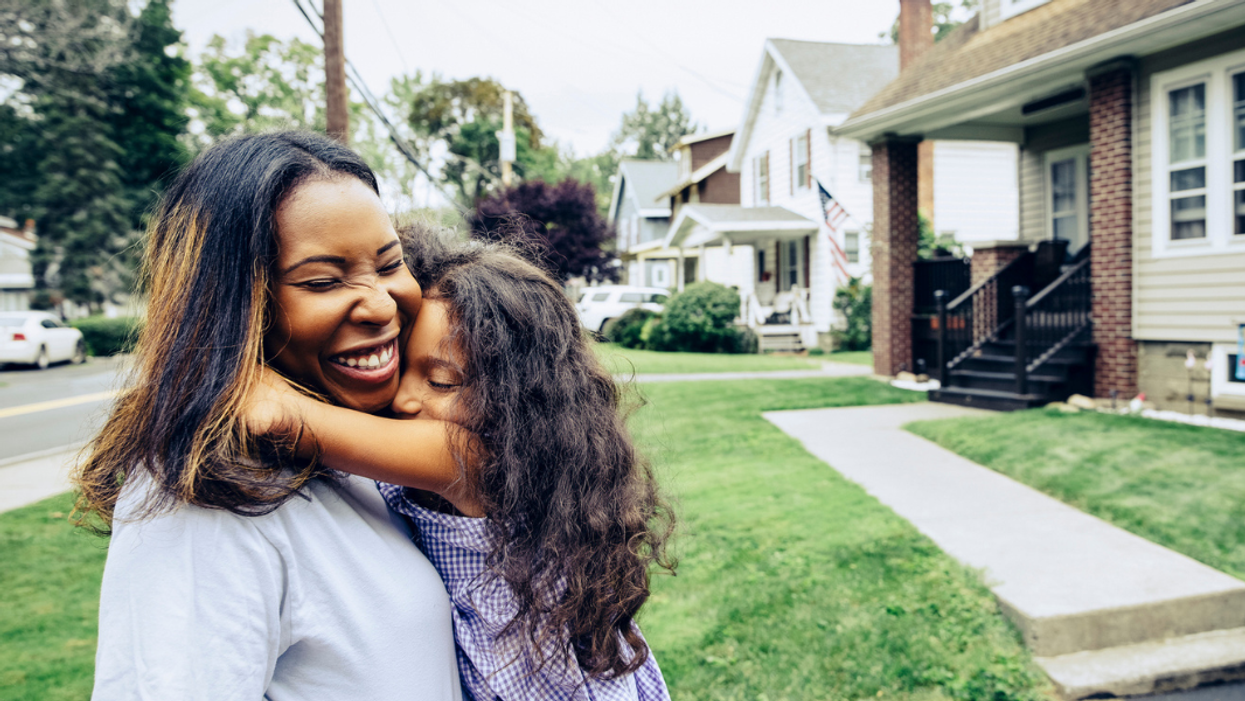McNeal is Director of the North Flint Neighborhood Action Council. He works to empower residents to create positive change in the community. B orn and raised in Flint, Pastor Patrick graduated from Northwestern High School, earned a Bachelor's Degree at Davenport University, a Master's Degree in Education Leadership at Eastern Michigan University, and a Master's of Divinity at Regent University in Virginia.
In response to the vital need for greater empowerment of socially and politically vulnerable communities, the North Flint Neighborhood Action Council and Community Roots joined forces in the summer of 2023 to revolutionize community-informed participatory engagement.
The North Flint Neighborhood Action Council is a Non-profit organization with the mission to address issues related to safety, education, communication, housing and beautification of North Flint, Michigan.
The 20 diverse engagement sessions held this summer in Flint and Genesee County, gave a voice to the disenfranchised, fostering collaboration among local entities. The participants included neighborhood associations, faith-based organizations, and city government with the hope of the data being used to bring forth community centered and designed approaches to solve some of the most difficult problems facing Flint.
Proponents of this approach assert that inclusive decision-making and targeted focus on resident-oriented policies not only bridge gaps in social equity but also pave the way for burgeoning community growth and development.
This participatory model of democratic involvement illustrates the power of collaboration of churches, neighborhood associations, senior centers, organizations serving youth, and the city of Flint itself. Far from a superficial act, this grassroots engagement approach strives to enrich the lives of all residents by insisting on their dynamic involvement in decision-making processes.
From these engagement sessions emerged three pivotal themes:
- Intense listening that values the input of residents from all walks of life.
- A commitment to returning to the community with the data that was collected.
- Advocacy, after the engagement sessions to ensure that the resident voice is honored and the recommendations followed.
Resident engagement requires more than a single meeting. Ongoing discussions are the heart of the Community Informed Participatory Engagement process.
By emphasizing education and crafting opportunities for young talent to stay within the community, this campaign acknowledges the importance of cultivating robust family values in Flint.
During conversations around economics and developmental opportunities, residents voiced their apprehension regarding the perceived need for more family consideration in decision-making processes. Moreover, participants accentuated that any strategy to enhance quality of life must prioritize supporting families while retaining valuable regional resources.
Community members also underscored the need to place children at the core of community development efforts. They conveyed that every aspect of local governance should aspire to generate a flourishing environment for young individuals. This unified sentiment speaks volumes to the belief that healthy communities are those where children prosper and thus any strategic plan must include this important tenet.
The spirit of democracy encapsulated by such community outreach initiatives underlines genuine empowerment through participation; particularly among historically marginalized groups. By offering a platform to those most affected by policy decisions, the community-informed participatory program helps communities identify what are the greatest problems and then creates a collaborative process to find solutions.
This phenomenal initiative deserves accolades and replication nationwide, highlighting the critical role it plays in fostering social equity and inclusion among all communities. By using the Community Engagement process of working collaboratively with and through groups of people affiliated by geographic proximity, special interest, or similar situations to address issues affecting the well-being of those people, most impacted communities across the country can create a new paradigm of community problem solving.
We appreciate the Community Foundation of Greater Flint's support of this work. Likewise, we are excited about the encouragement and support of the Bridge Alliance and The Columbus Community Foundation in piloting this work in select communities in 2024.



















Trump & Hegseth gave Mark Kelly a huge 2028 gift